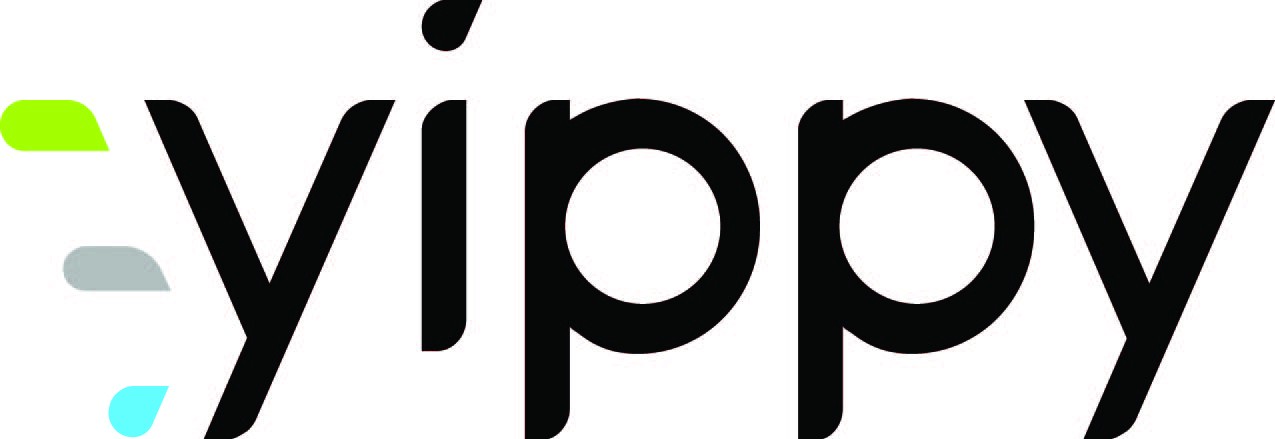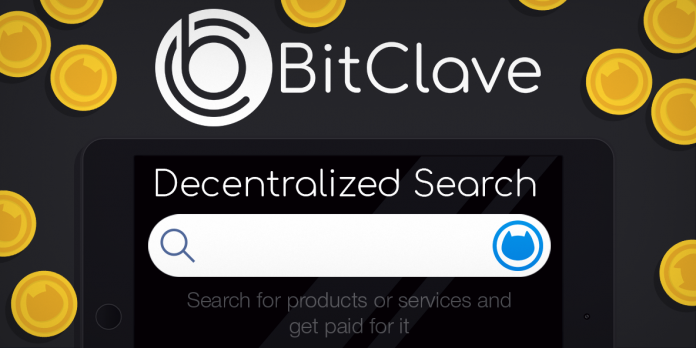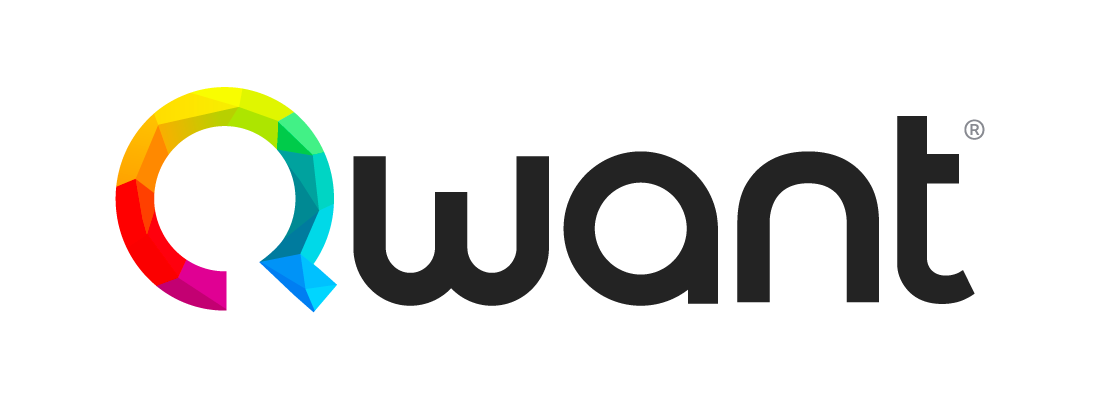0449 960 240


Securing Australian business with Open Source Technology
0449 960 240


Securing Australian business with Open Source Technology

This private search engine uses local encryption to secure your searches. It combines AES-256 encryption with Secure Sockets Layer encryption. Search Encrypt then retrieves your search results from its network of search partners. After you’re done searching, your search terms expire so they are private even if someone else has access to your computer.
Search Encrypt recently added more new features, including privacy-friendly videos, news and maps search. It’s videos search lets you watch videos directly on the search engine with additional privacy protection, and without pre-roll ads. This search engine’s encryption and perfect forward secrecy actually give it better privacy by default than DuckDuckGo.

StartPage uses results from Google, which is a good thing if you prefer Google’s result without the tracking. Ixquick, which is an independent search engine that uses its own results, developed StartPage to include results from Google. Its features include a proxy service, URL generator, and HTTPS support. The URL generator is a unique feature that eliminates the need for cookies. It remembers your settings in a privacy friendly way.
StartPage is used across the globe, however it receives a big portion of its visitors from Germany.

DuckDuckGo is probably the most well-known alternative search engine. Its CEO, Gabriel Weinberg, said, “if the FBI comes to us, we have nothing to tie back to you.” Searches are sourced mostly from Yahoo. One cool feature of DuckDuckGo is what it calls “bangs”. Users can directly search other sites, like Amazon, Wikipedia, Yelp or Youtube, by starting their query with an exclamation mark!
DuckDuckGo recently added a new extension to their product line. It goes beyond keeping your searches private, and grades websites you visit on their privacy.

Gibiru sources its search results from a modified Google algorithm. Gibiru’s CEO, Steve Marshall, announced in a press release that his service is exactly what Google was early on. It provides reliable search results without all the tracking that Google does today.
Gibiru positions itself as being “ faster than the NSA Search Engines since it does not install all sorts of personalization and tracking cookies on your system.” Gibiru is outspoken against Google’s ability to manipulate, or censor, your search results.

Swisscows is made by Hulbee AG, which is a tech company based in Switzerland. Like other private search engines on this list, this one does not build tracking profiles or use unique identifiers for its users. A key difference from the others though, is that this is a semantic search engine. This means that it uses artificial intelligence and machine learning to evaluate the context of a user’s search. As a result, Swisscows, offers results that learn to answer your questions — a cool search tool.

Yippy has an additional feature that automatically categorizes query results. For example, a search for “dogs” displays the top results, but also has categories for Training, Photos, Dog Breeds, Rescue, etc. It doesn’t follow search users around the web with ads. Yippy Inc. also has a search product that competes with Google’s Search Appliance.

BitClave is a decentralized search engine built with blockchain to protect user privacy. This search tool empowers consumers by allowing them to choose what info they share with advertisers. BitClave eliminates middlemen in the advertising process, by making the contract directly between the user and advertisers. It then incentivizes users by giving them Consumer Activity Tokens (CAT) for making searches relevant to the advertiser.

Qwant is a private search engine based in Europe that “never tries to guess who you are or what you are doing.” According to its About page, Qwant never records your searches and never uses your personal data for advertising or other purposes. Qwant has a feature similar to DuckDuckGo’s !bangs which it calls Qwick search shortcuts.

Discrete Search is a metasearch engine that doesn’t track any identifiable information. It’s a good choice for anyone looking for quick results in a clean and user-friendly form. It uses end-to-end encryption to keep your searches as private as possible.

Oscobo is a search engine created for the sole purpose of protecting user privacy. It doesn’t track your information like Google. Oscobo says that you pay for your searches with your personal data, but you shouldn’t have to.
Oscobo fully encrypts your search terms so no one can intercept or decrypt your search terms. It does not use third-party scripts or analytics on its search engine, so only you will know what you searched for.
